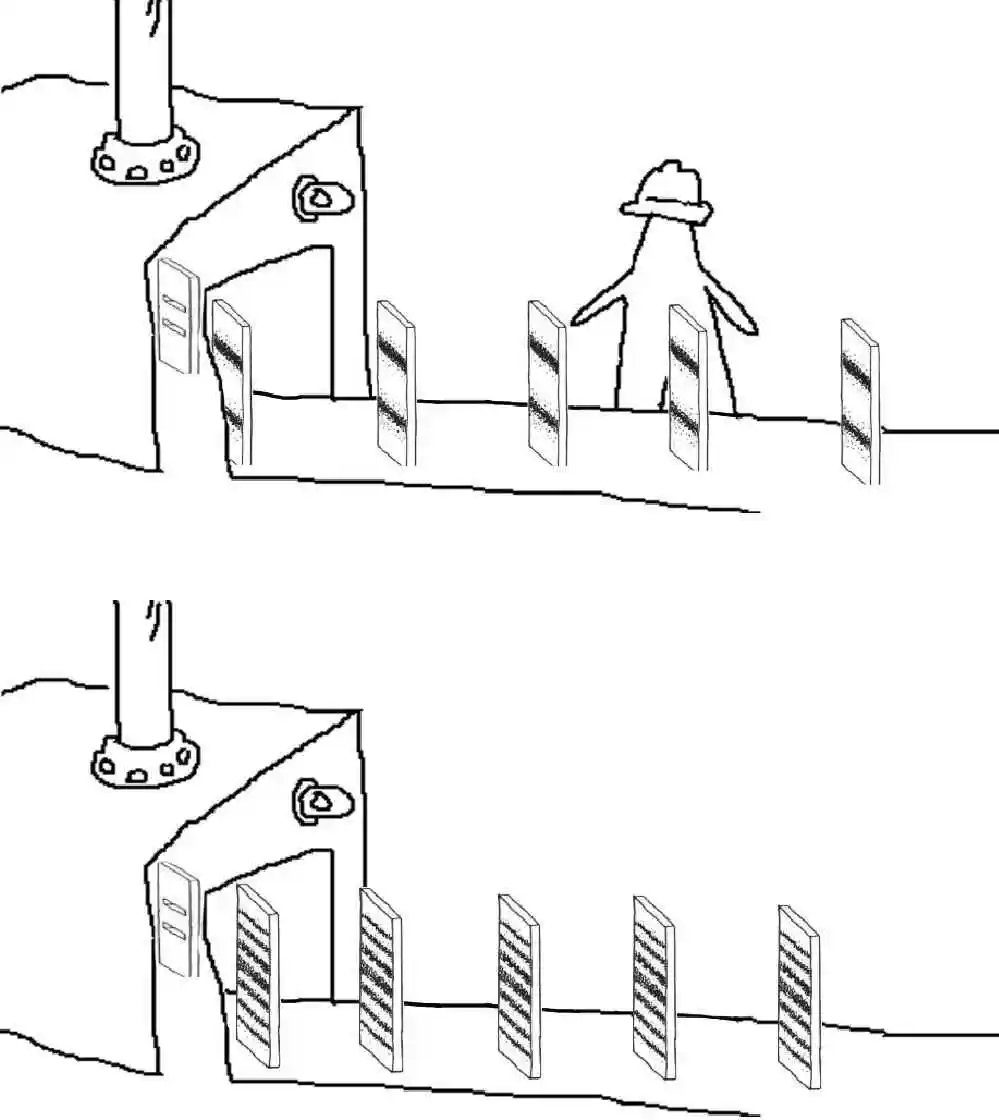this post was submitted on 28 Aug 2024
702 points (96.8% liked)
Science Memes
10885 readers
3880 users here now
Welcome to c/science_memes @ Mander.xyz!
A place for majestic STEMLORD peacocking, as well as memes about the realities of working in a lab.

Rules
- Don't throw mud. Behave like an intellectual and remember the human.
- Keep it rooted (on topic).
- No spam.
- Infographics welcome, get schooled.
This is a science community. We use the Dawkins definition of meme.
Research Committee
Other Mander Communities
Science and Research
Biology and Life Sciences
- !abiogenesis@mander.xyz
- !animal-behavior@mander.xyz
- !anthropology@mander.xyz
- !arachnology@mander.xyz
- !balconygardening@slrpnk.net
- !biodiversity@mander.xyz
- !biology@mander.xyz
- !biophysics@mander.xyz
- !botany@mander.xyz
- !ecology@mander.xyz
- !entomology@mander.xyz
- !fermentation@mander.xyz
- !herpetology@mander.xyz
- !houseplants@mander.xyz
- !medicine@mander.xyz
- !microscopy@mander.xyz
- !mycology@mander.xyz
- !nudibranchs@mander.xyz
- !nutrition@mander.xyz
- !palaeoecology@mander.xyz
- !palaeontology@mander.xyz
- !photosynthesis@mander.xyz
- !plantid@mander.xyz
- !plants@mander.xyz
- !reptiles and amphibians@mander.xyz
Physical Sciences
- !astronomy@mander.xyz
- !chemistry@mander.xyz
- !earthscience@mander.xyz
- !geography@mander.xyz
- !geospatial@mander.xyz
- !nuclear@mander.xyz
- !physics@mander.xyz
- !quantum-computing@mander.xyz
- !spectroscopy@mander.xyz
Humanities and Social Sciences
Practical and Applied Sciences
- !exercise-and sports-science@mander.xyz
- !gardening@mander.xyz
- !self sufficiency@mander.xyz
- !soilscience@slrpnk.net
- !terrariums@mander.xyz
- !timelapse@mander.xyz
Memes
Miscellaneous
founded 2 years ago
MODERATORS
you are viewing a single comment's thread
view the rest of the comments
view the rest of the comments

How is the unobserved state ever known about, then?
You observe the result, not the experiment while it is running.
They say, “I’m not peeking” but cross their fingers behind their back.
We can observe the end result. E.g. observing the screen only, and you get wavelike behaviour. When you also observe the slit, the wavelike behaviour disappears, and it seems particle like.
Both end in an observation, 1 has an extra observation.
yeah so if I looked at a log of all that, wouldn’t I have a “extra observer” detector, then?
You could detect decoherence in the system, that doesn't indicate a human observer, however.
That process is, however, used to protect cryptographic keys, transfered between banks. A hostile observer collapses the state early. The observer gets the key instead of the 2nd bank, which is extremely conspicuous to both banks.
It is "guessed" using whatever mathematical model that matches the system.
Of course, if our whole theory is wrong, then the guess will be wrong and we won't know unless some condition arises where the predicted result and the observed result are different.